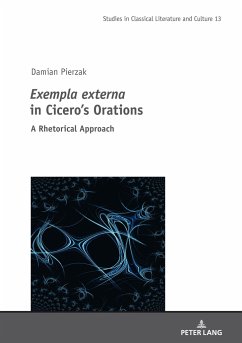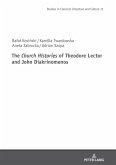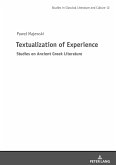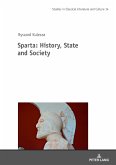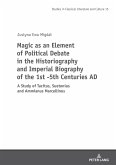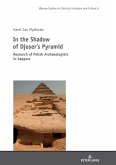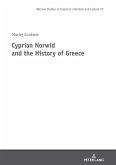Historical exempla were an important part of the Roman political discourse. They could serve as a moral guide to conduct, but also lend credibility to an orator's argument. In his extant orations, Cicero often draws parallels between his contemporaries and the old Romans or, less frequently, he compares the Romans of the present day with non-Roman individuals. Cicero himself calls such foreign examples 'exempla externa.' Using a theoretical framework that combines the precepts of ancient rhetorical theory and modern terminology, this book explores the ways in which Cicero employed exempla externa in oratorical practice. It argues that there were many different categories of exemplum for Cicero to choose and that exempla externa were not necessarily suitable for negative lessons.
Bitte wählen Sie Ihr Anliegen aus.
Rechnungen
Retourenschein anfordern
Bestellstatus
Storno

